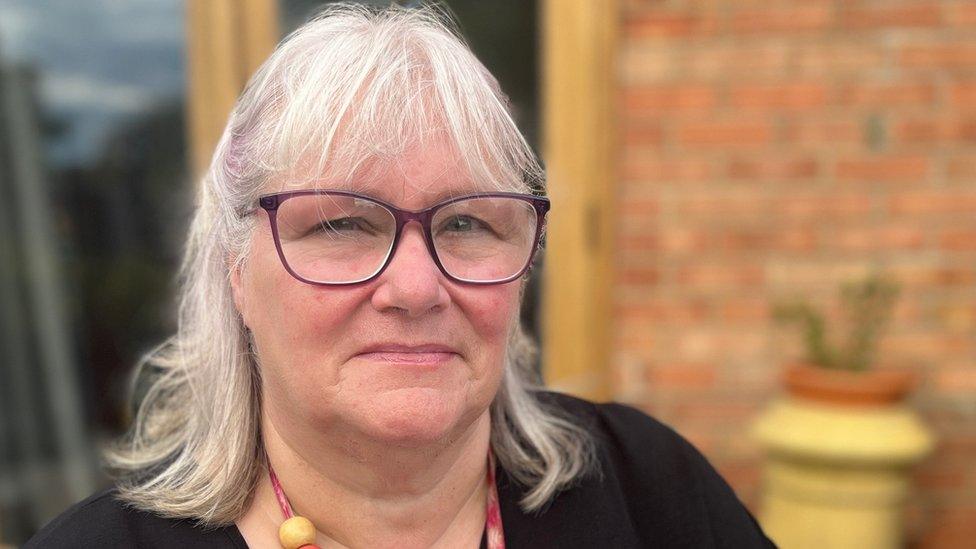Norfolk and Suffolk mental health trust says it can now track deaths
- Published
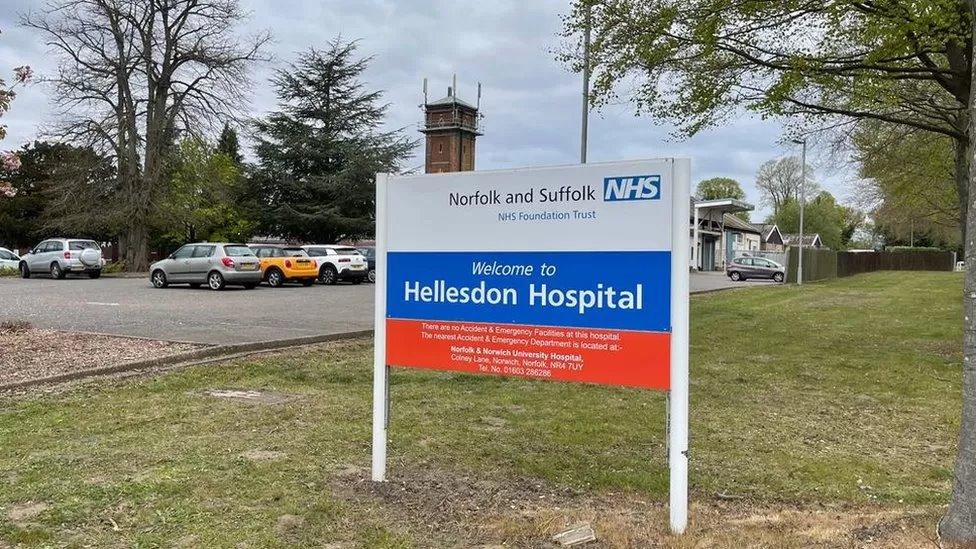
Fifteen NSFT patients died from causes deemed to be "unnatural and unexpected" between November and January
A mental health trust which lost track of how its patients died has said it had implemented a new fix to deal with the problem.
According to the Norfolk and Suffolk NHS Foundation Trust (NSFT) a new electronic system will collect and analyse such information.
Last year a critical report highlighted how the trust "could not provide assurance" over its mortality figures.
Campaigners said it raised "more questions than it answers".
The mainly automated system, which began operating on 1 November, would be more robust and ensure consistency in the way deaths were recorded, the trust said.
According to figures compiled under the new system, 15 patients had died from causes deemed to be "unnatural and unexpected" between November and January.
Mark Harrison, from the Campaign to Save Mental Health Services in Norfolk and Suffolk, described this number as "shocking".
"This points to continuing unsafe discharge practices," he said.
"They might be recording deaths, but what about those improvements in services that should be happening already?"
Independent review
In 66 cases, the cause of death was still being awaited or had been unable to be obtained.
More than 80% of the 437 overall recorded deaths were from natural causes.
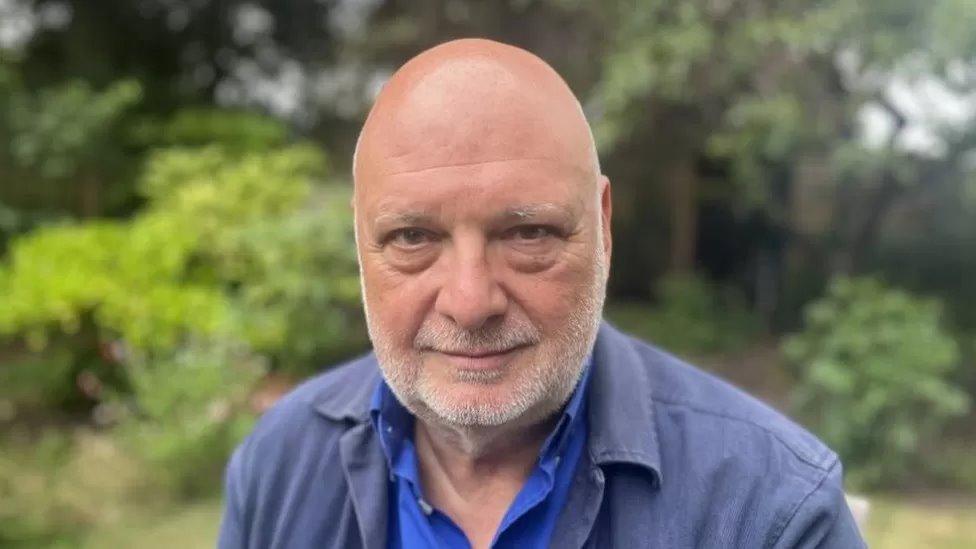
Campaigner Mark Williamson said he was shocked 15 patients had died over a three month period unexpectedly and not from natural causes
An independent review by auditors Grant Thornton last year found that a mish-mash of systems led to differences in the overall numbers of deaths being recorded.
Clinical staff had no confidence in the trust's mortality figures, it stated, and there was uncertainty over the numbers and causes.
It found more than 8,000 mental health patients had died unexpectedly in the two counties between 2019 and 2022.
"Unexpected death" is defined as the death of a patient who had not been identified as critically ill or whose death was not expected by the clinical team.
The trust maintained the vast majority were from natural causes.
'Avoidable deaths'
Campaigners had claimed there had been more than 1,000 avoidable deaths at the trust in recent years.
A BBC investigation also found differences between the first and final drafts of the Grant Thornton report which appeared to remove criticism of senior management at NSFT.

New trust chief executive Caroline Donovan said bereaved families had been consulted over the new system
Caroline Donovan, chief executive of the mental health trust, which is based at Hellesdon Hospital near Norwich, said: "I am pleased with the commitment, focus and determination of our staff who continue to work hard to ensure mortality data collection, analysis and reporting continues to be one of our top priorities.
"I am particularly pleased that we have liaised very closely with a number of service users, carers and bereaved families to gain some very clear and vital thoughts on how we report this data, including the language used, through to the format and presentation."

Follow East of England news on Facebook, external, Instagram, external and Twitter, external. Got a story? Email eastofenglandnews@bbc.co.uk, external or WhatsApp 0800 169 1830
Related topics
- Published20 March 2024
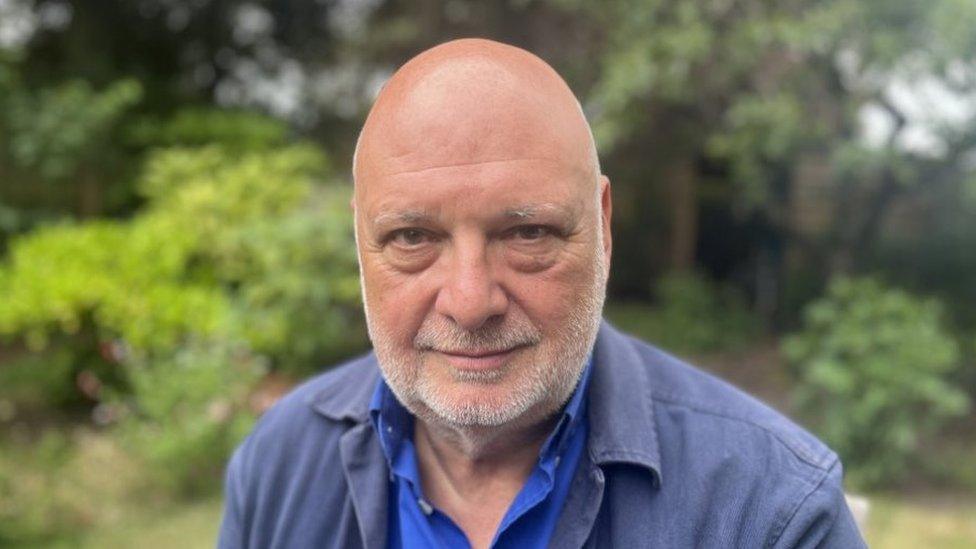
- Published20 March 2024
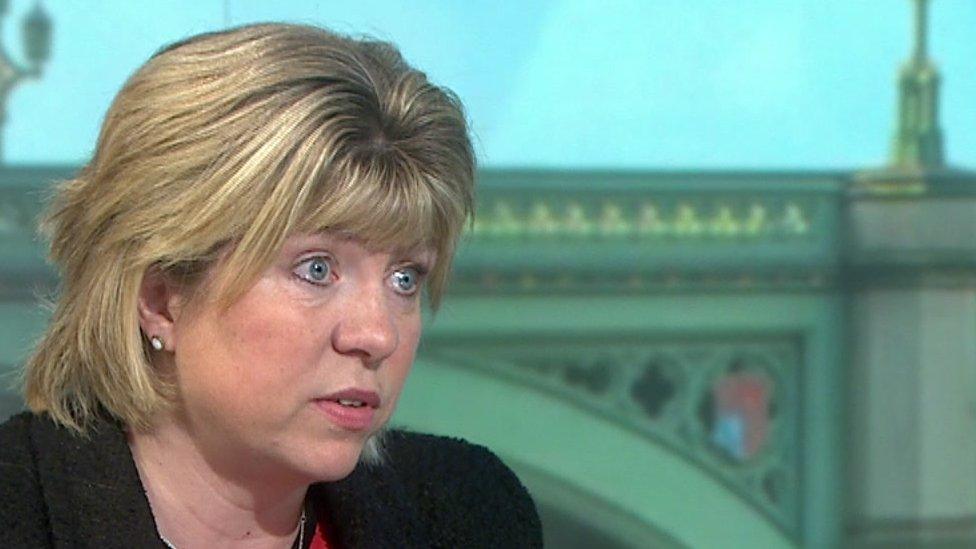
- Published12 March 2024

- Published2 February 2024
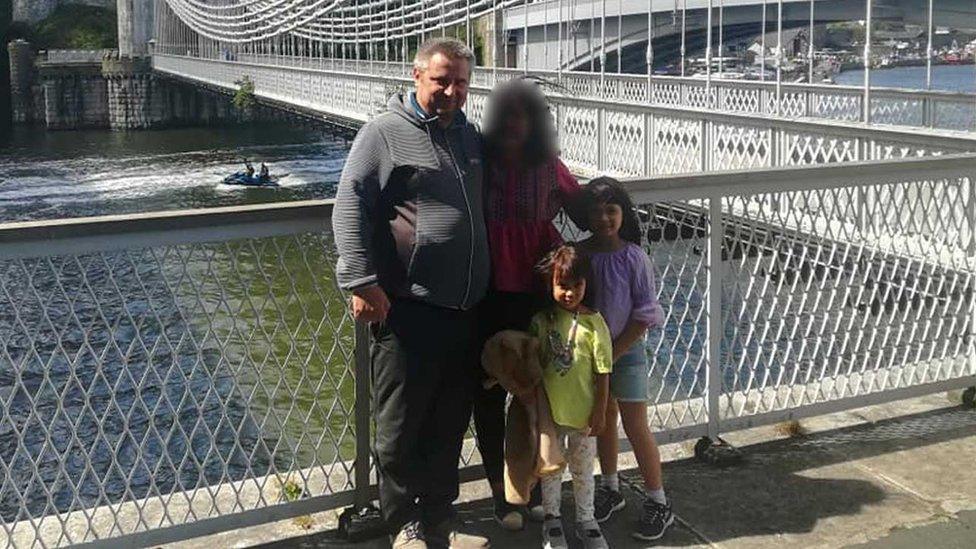
- Published31 January 2024

- Published19 January 2024
